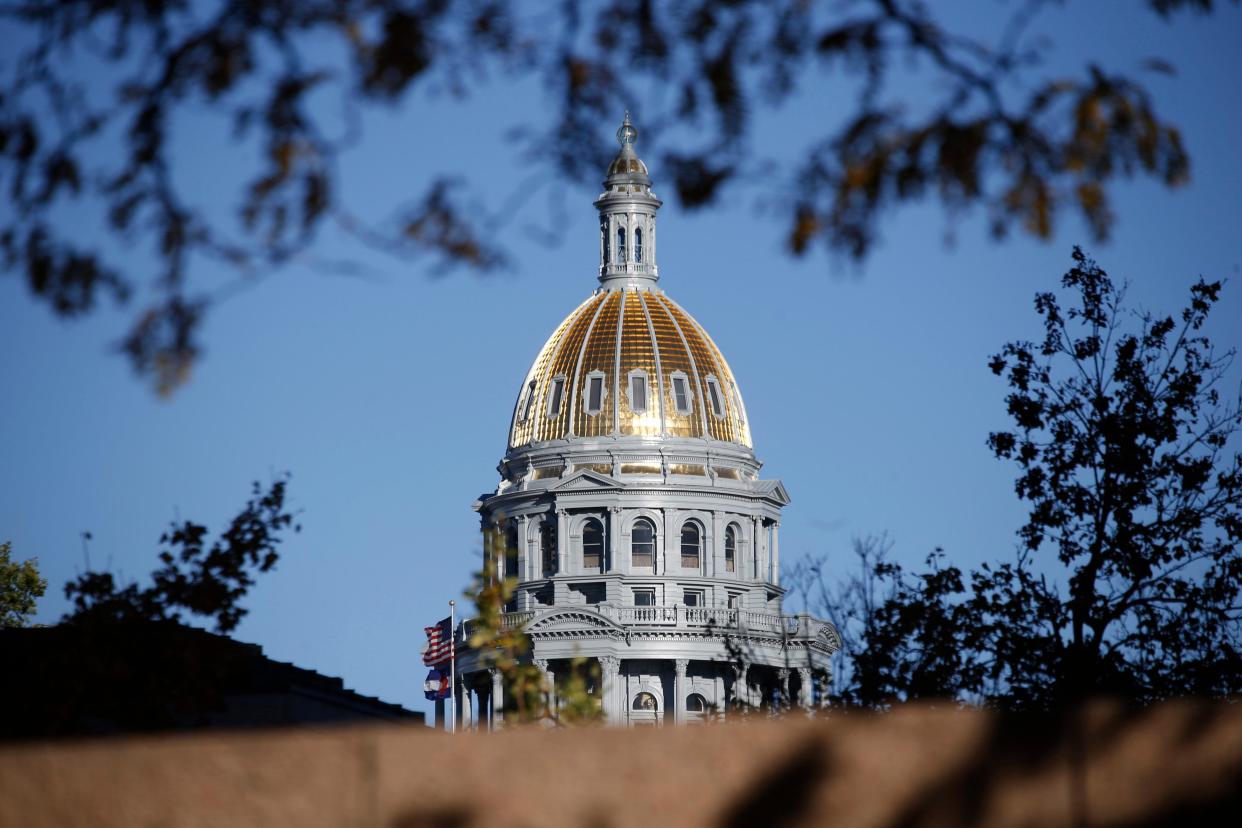Colorado passes bill removing some barriers to public records requests

The Colorado House and Senate have passed a bill eliminating some barriers to open records requests.
Senate Bill 286 prohibits state agencies and local governments from requiring records requesters to show identification to get Colorado Open Records Act records, according to the bill.
It also obligates records custodians to accept credit cards or electronic payments for records if they already take them for other products and services and bars per-page charges for records provided in digital formats such as PDFs.
Other provisions of the bill include:
Specifying that if an elected official is the subject of a sexual harassment investigation, the final report of the investigation is a public record, although the identity of the accuser and any potentially identifying characteristics of the accuser will be redacted "unless the identity of all accusers is already known to the public."
Requiring each member of the legislature, the governor’s office, and each state agency and institution to submit reports by Jan. 1, 2024, outlining their email retention policies.
Requiring record keepers to transmit digital public records by email or "another mutually-agreed-upon-transmission method" and barring them from converting a digital public record into a "non-searchable format" before transmission.
However, the bill allows records custodians to withhold addresses, emails and phone numbers provided "by a person to an elected official or a government entity," according to the bill's final text.
It also allows record keepers to make requesters show identification for records that are confidential under CORA or available only to a “person in interest.”
Senator Nich Hinrichsen, (D-Pueblo) voted yes on the bill.
"It's a basic transparency issue for government," Hinrichsen said. "Records that are public in nature and the public has a right to should be available to the public when they request it, and it should be done without undo burdens or fear of retribution when it should be publicly available information."
The Colorado Freedom of Information Coalition stated it had hoped the bill would address the rising costs of Colorado records requests, citing a report that inflation could boost the maximum hourly research-and-retrieval rate, which is currently $33.58, to $40 or more when the Colorado Legislative Council recalculates it on July 1, 2024. However, no language restricting cost increases made it into the final version of the bill.
How to support local journalism: Help the Chieftain provide vital information to Pueblo County by subscribing
Hinrichsen stated that he was not aware of any current legislation that would address the issue but would be "happy to take a look at" any bill restricting the rising cost of CORA requests, although he remarked there always needs to be an appropriate balance.
"Broadly, I'm supportive of accessibility to public records. I think there is a balance in that," he said.
"We have seen cases where overcharging of CORA fees could hinder a journalistic investigation, for example, and that is entirely inappropriate. On the flip side, if you're going to have a public agency search and compile records that may be abstract, and maybe not readily, neatly available, and that's going to require man-hours of time, we do also want to make sure that those man hours aren't going uncompensated."
If signed into law by Gov. Jared Polis, the bill will go into effect in August.
Questions, comments, or story tips? Contact Justin at jreutterma@gannett.com. Follow him on Twitter @jayreutter1.
This article originally appeared on The Pueblo Chieftain: Colorado open records bill passes, removing some barriers for requests

